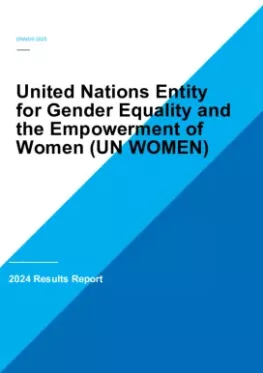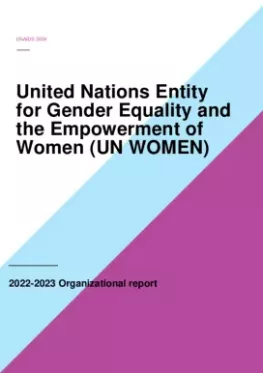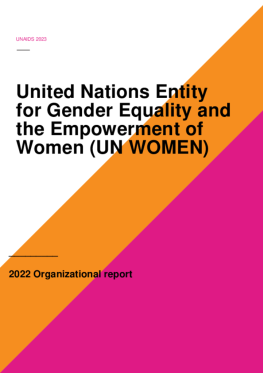UN Women delivers programmes, policies and standards that uphold women’s human rights and ensures that every woman and girl lives up to her full potential.
UN Women integrates gender equality and women’s empowerment into the governance of the HIV response by:
ensuring that national HIV policies, strategies, programmes and budgets are informed by sex- and age-disaggregated data, gender analysis and gender-responsive interventions;
scaling up what works to tackle the root causes of gender inequality, including through mainstreaming HIV in efforts to end violence against women and promote women’s economic empowerment; and
supporting the leadership of women and girls, particularly women living with HIV, to meaningfully engage in decision-making at all levels in HIV responses.
The UN Women Strategic Plan (2022–2025) outlines how UN Women applies its triple mandate––normative support, UN system coordination and operational work––to drive urgent and sustained progress on gender equality, women’s rights and the empowerment of all women and girls in the context of HIV. UN Women’s Strategic Plan prioritizes HIV through dedicated indicators at impact, outcome and output levels and recognizes HIV status as one of five key “leave-no-one-behind” programmatic types of disaggregation.
For information on UN Women's results, please see the 2024 downloadable report below.









